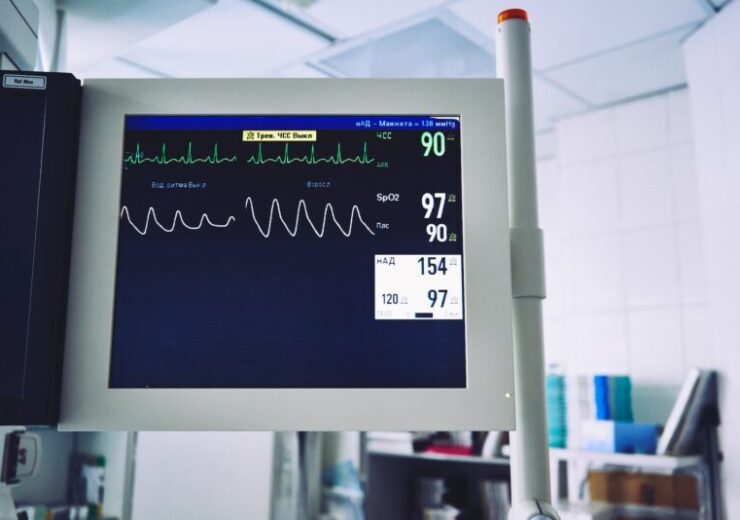Hospitals in the US can now use Etiometry’s IDO2 Index to quickly identify changes in the conditions of patients to prevent consequences from hypoxic situations

Etiometry’s IDO2 Index can identify changes to patients’ conditions in ICUs. (Credit: Maxim Tolchinskiy on Unsplash)
Etiometry has received the US Food and Drug Administration (FDA) clearance for its artificial intelligence (AI)-based IDO2 Index risk algorithm that sends alerts for inadequate oxygen delivery of adult patients in critical care.
The FDA clearance will allow critical care teams in American hospitals to be equipped with risk analytics that warns them of patients who are receiving insufficient oxygen, said Etiometry.
The US-based clinical decision support software firm said that this improved situational awareness allows doctors to act to prevent consequences from hypoxic situations.
The IDO2 Index is said to be Etiometry’s first index for adults in the US to receive FDA clearance. It secured Health Canada and CE Mark approvals for paediatric and adult patients in 2022.
The Etiometry platform, which became available for paediatric usage in 2016, was initially created to allow ICUs to continually aggregate the data produced by high-acuity patients and visually show it to help the teams avoid missing important events.
Etiometry’s patented risk analytics system highlights potentially dangerous patient states by interpreting patient-generated data for personalised risk assessments using its own models of human physiology.
Etiometry CEO Shane Cooke said: “Critical care settings are innately stressful. Using technology to centralize information and analytics on a single screen eliminates burdensome manual tasks.
“It allows clinicians to make data-driven decisions more efficiently – which is better for clinicians and patient care.”
The clinical decision support software firm said that it gathers information from medical facilities all over the world to continuously update risk algorithms.
With the help of its database of over 150 million hours of patient physiologic signals, the US-based software firm has developed new algorithms and advanced existing ones.
The company now has eight FDA clearances following the IDO2 Index’s introduction to adult patients in the US.
It follows the FDA’s approval in 2022 of two new paediatric patient algorithms, the Acidemia Index and HLA Index.
